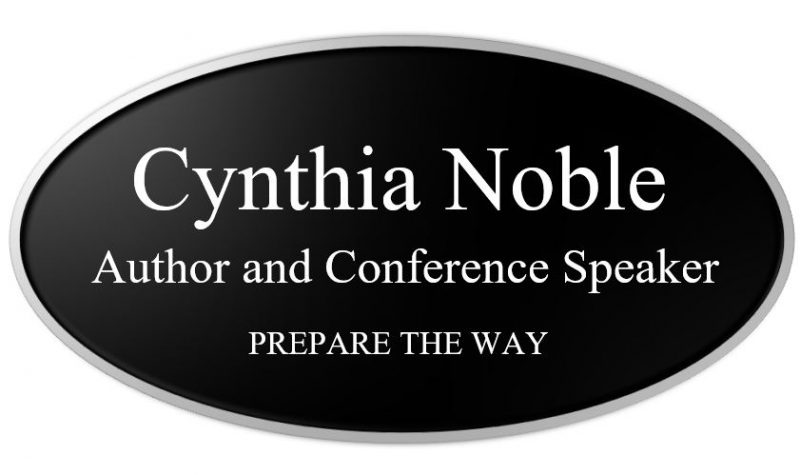Watching the events of the last few years, I can’t help but remember something the Lord told me a while back: Those in authority over others are responsible for how they treat those they are in authority over.
This applies to all facets of leadership from politicians, law enforcement, and church and corporate leaders to parents, teachers, and caregivers. Everyone one of us who leads others—whether in a nation or a classroom—will be held accountable for our treatment of others. That is the measurement tool, in God’s eyes, of a faithful leader.
LADYBUGS vs. WASPS
The fact is that no matter what realm we function in, we’re subject to leadership training of all makes and models—theories and policies and “best practices”—oh, my—by which we all must abide. And they are as distinctly different as a ladybug from a wasp; both are insects, but that’s about all they have in common. Leadership training is the same way; there are endless models but there are three common types under which most fit.
THE “TOP-DOWN” MODEL
This basically means that one person or a small group of people make the rules and the rest follow, with little or no input. This model runs the gamut from government to family relationships and everything in between. And while that might be the job description for a CEO or Supreme Court Justice, it doesn’t work everywhere. Where it does work is in places where the people in charge, even with the final say, listen to others and treat them compassionately, even when “encouraging” compliance.
THE “DEMOCRATIC” MODEL
This type of leadership is designed to seek input from other people or groups and allows for the majority to affect the decisions made by recognized leaders. Leaders are then responsible for implementing those decisions, having the authority to assign consequences to those not abiding by them. Entities using this model might establish committees, host elections or answer to a board of directors. Government, churches, businesses and institutions are often supposed to run this way, but it all boils down to one question: Will the leaders take the input solicited or is the requested collaboration simply for show?
THE “FREE-FOR-ALL” MODEL
This type of leadership is simply a kind of “mob rules” approach which has a figurehead for a leader but often the bottom line is that the loudest and/or most disruptive people usually take the wheel. This type of “leadership” is usually the default when true leaders are afraid that their decisions might be unpopular; therefore, rules are either mythical creatures or enforced only sporadically or not at all. We’ve all seen out-of-control classrooms where a teacher has simply lost command and the mob rules—usually because the teacher fears any confrontation by naughty students who’ve never met a rule they liked.
Sadly, we’ve also seen this recently in cities where the rule of law has been abdicated and chaos reigns. This is where we get the old adage, “The inmates are running the asylum.” It’s not necessarily that the “inmates” have no legitimate claim or request but rather that they’re simply not equipped to manage whatever they’re seeking—usually because they have no conception of leadership—good, bad, or indifferent. Pretending they do never bodes well.
| True and effective leadership only happens when two things coexist: A rule of law and leaders who consider those under their authority to be more important than their own careers, reputations or bank accounts. |
Jesus might have mentioned that when he pointed out that true leaders are servants first.
GOD’S MODEL OF LEADERSHIP
In his Word, God very succinctly states his requirement for leadership: “Do justice, love mercy, and walk humbly with your God” (Micah 6:8).
One doesn’t have to be a Bible scholar or even a Christian to recognize the wisdom in that short admonition. If, as leaders, we “do justice,” we will not judge according to economic status, race, religion, gender or any other criteria, but only according to the standard of the law.
If we “love mercy,” we will make the decision best for the individual—within the confines of the law—and if consequences are required, we will implement them with compassion.
If we “walk humbly with our God,” we will recognize that we are not, by any means, perfect or incapable of error, and we will submit our will to his. We will also accept that we are accountable for how we treat others and ask God for an attitude adjustment if necessary.
I believe that in order to be wise, righteous, and compassionate leaders, we must look to that simple verse in Micah—and follow it. It’s not a complicated principle; it doesn’t take a college degree or a month of “leadership training” to comprehend, but it is the most effective leadership model we will ever find.
That is—if we really want to be effective leaders.


Michele Burak
Nicely done, Cindi!
Cindi Noble
Thank you, Michele. 💕